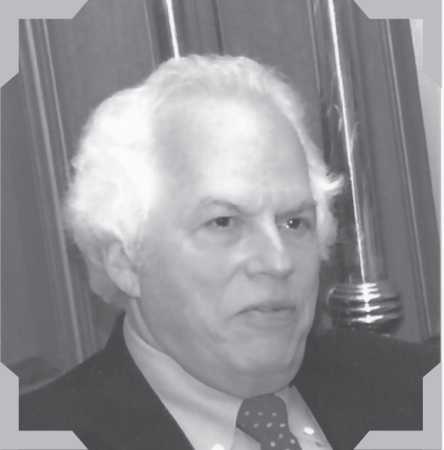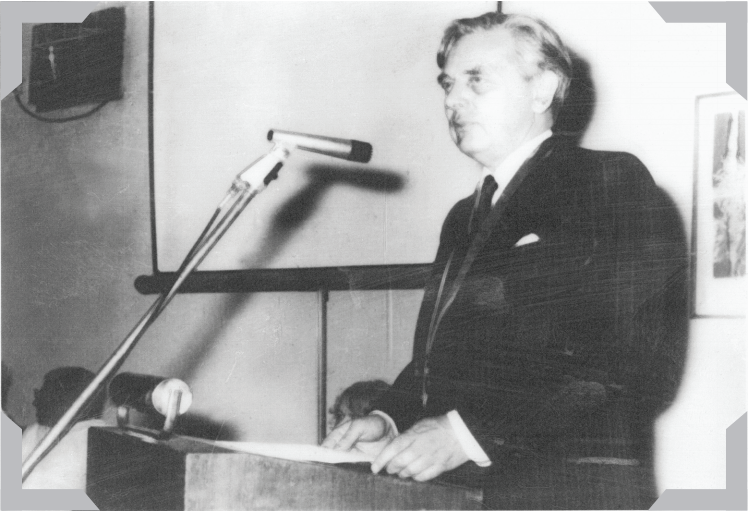2007

Year 27

Prof. Stanley B. Prusiner
Nobel Laureate in Physiology or Medicine 1997;
Director of the Institute of Neurodegenerative Diseases and
Professor of Neurology & Biochemistry, University of California, San Francisco, USA
THEME: OF VIRUSES & MAD COWS - LESSONS FROM PRION DISEASE
Prions are unprecedented infectious pathogens that cause a group of invariably fatal neurodegenerative
diseases by an entirely novel mechanism. Prion diseases may present as genetic, infectious, or sporadic
disorders, all of which involve modification of the prion protein (PrP). Bovine spongiform encephalopathy
(BSE), scrapie of sheep, and Creutzfeldt–Jakob disease (CJD) of humans are among the most notable prion
diseases. Prions are transmissible particles that are devoid of nucleic acid and seem to be composed
exclusively of a modified protein (PrPSc). The normal, cellular PrP (PrPC) is converted into PrPSc through a
post-translational process, during which it acquires a high β-sheet content. The species of a particular prion
is encoded by the sequence of the chromosomal PrP gene of the mammals in which it last replicated. In
contrast to pathogens carrying a nucleic acid genome, prions appear to encipher strain-specific properties in
the tertiary structure of PrPSc. While knowledge about prions has profound implications for studies of the
structural plasticity of proteins, investigations of prion diseases suggest that new strategies for the
prevention and treatment of these disorders, it may also find application in the more common degenerative
diseases.


1981













1982













1983













1984













1985













1986













1987













1988













1989













1990













1991+












